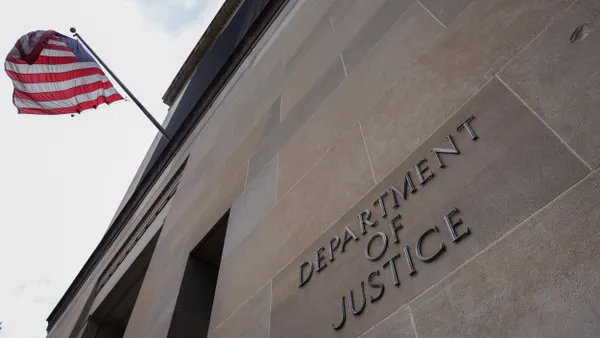Dive Brief:
-
The American Jobs Plan outlined by the Biden administration Wednesday includes a number of proposals focused on K-12 schools, in addition to the promise of growing the nation's economy and adding hundreds of thousands of jobs by upgrading the nation’s highways, bridges, and water and energy infrastructure, according to a speech President Joe Biden gave Wednesday in Pittsburgh.
-
Among the proposals for K-12 are $100 billion for upgrading and constructing new public school buildings and $45 million for grants under the Drinking Water State Revolving Fund and the Water Infrastructure Improvements for the Nation Act to help reduce lead exposure in schools and childcare facilities.
-
While many education advocates say a comprehensive federal plan and funding for school building improvements is overdue, the entire $2 trillion proposal is dependent on Congressional approval.
Dive Insight:
“Too many students attend schools and child care centers that are run-down, unsafe, and pose health risks,” the plan states. “These conditions are dangerous for our kids and exist disproportionately in schools with a high percentage of low-income students and students of color.”
The $100 billion proposal for school upgrades and construction would come from $50 billion in direct grants and $50 billion leveraged through bonds. Making schools safe and healthy places for learning by improving air quality and ventilation or other upgrades would be the priority. As schools become safer, attention would focus on funding innovative school buildings with technology and labs to help students prepare for postsecondary schooling or careers, a White House fact sheet on the American Jobs Plan said.
The fact sheet also specifically mentioned desired improvements to school kitchens so they can be used to prepare nutritious meals and have the functionality to reduce the use of disposable materials, such as paper plates.
Additionally, the plan promotes bringing affordable, reliable, high-speed broadband to every American, including rural residents. Increasing access to reliable broadband could help the nation’s schools reduce the digital divide that became more prominent as COVID-19 forced teachers and students to instruct and learn from their homes. Specifically, education advocacy groups, such as Chiefs for Change, have been urging the federal government for leadership in creating access to universal broadband services.
“The digital divide is too great a problem for schools to solve on their own,” a Chiefs for Change report issued in October said.
The American Jobs Plan received praise from Democratic lawmakers and education groups. House Education and Labor Committee Chair Bobby Scott (D-Va.) said in a statement, “President Biden’s American Jobs Plan outlines a bold vision for creating millions of good-paying jobs and protecting the health and well-being of our children, workers, and communities.”
But a statement from Senate Minority Leader Mitch McConnell (R-Ky.) said the plan misses the mark and that Democrats should seek bipartisan compromises.












